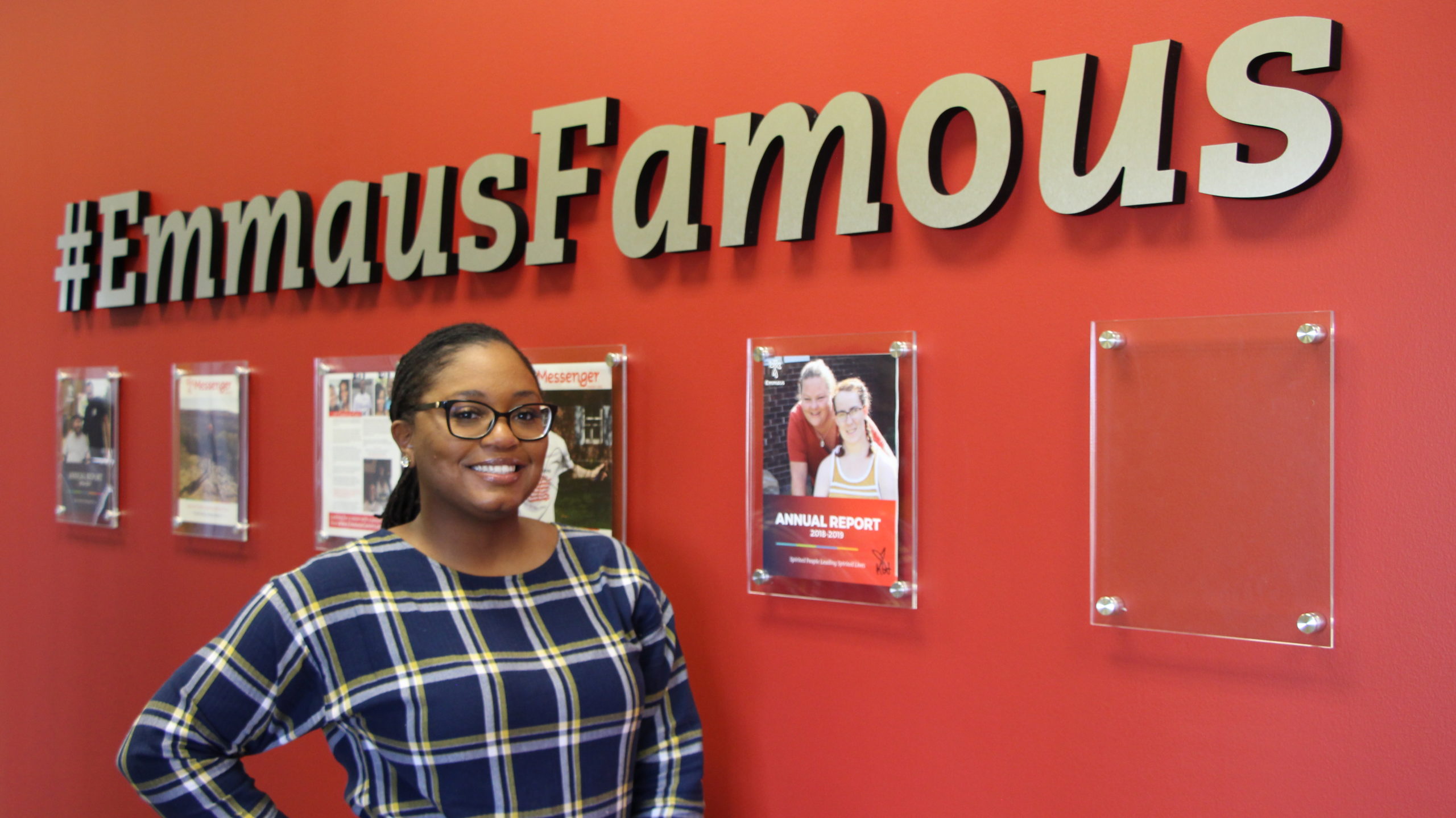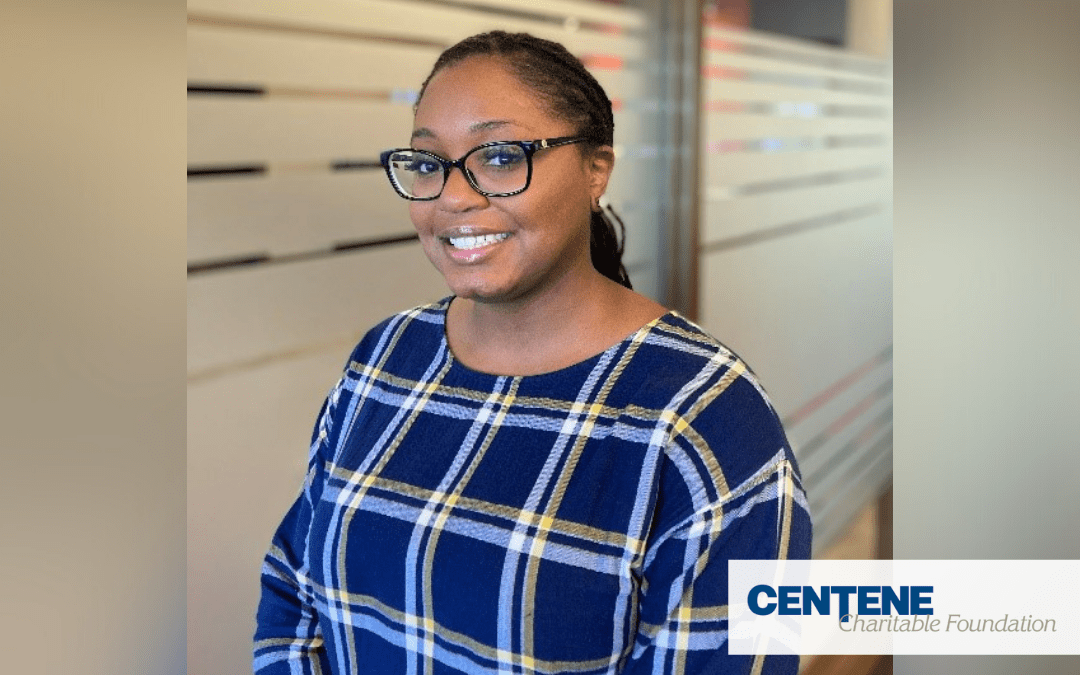Kelly* pulled on Mary’s hand, urging Mary to buckle her into the minivan. Even though no words were exchanged, Mary knew just what Kelly was thinking: “Time for McDonald’s!”
So the two women set off down the familiar route to the drive-through. Kelly loved the feeling of routine and belonging. Now that she lived with Mary, she was free to do what mattered most to her, like getting fries and watching birds from the sunroom window. She felt safe and had even found new ways to express herself other than outbursts of frustration that had sometimes left her with physical wounds. Kelly was finally home.
Kelly and Mary are part of an emerging program at Emmaus: Host Homes. In this arrangement, one or two people with a developmental disability live with a family or individual who provides supports. What are “supports”? A range of services, activities, assistance, and encouragement to help a person develop their skills and live as independently as possible.
In this model, the person with a developmental disability becomes an integral part of the host household. This setting provides an opportunity for highly individualized services. The host comes to know the person well and can provide flexible, customized supports. Emmaus provides training for the hosts, establishes client-host matches, and oversees the service for quality.
As Emmaus Homes, President & CEO, Cindy Clark, shared in an interview with Community News: “The Host Home Program is a relatively new initiative that is helping us think differently about our day-to-day operations. Aligned with the concept of adult foster care, we are cultivating and skillsets of retirees, for example.”
The Host Home model is one response to the ongoing Direct Support Professional crisis. Due to the increasing demand for direct care workers, an aging population, and a minimum wage that is outpacing state and federal funding, there aren’t enough Direct Support Professionals to serve all the people who need support – both in Missouri and nationwide. The Host Home model offers an opportunity for a broader spectrum of employees, including retirees, families with one working adult, and immigrants, to enter this workforce.
The host provider is primarily responsible for meeting the needs of the person with a developmental disability. They can bring in relief staff to give them a break. However, the Host Home model is less staff intensive than the other dominant model for support: Independent Supported Living. With Independent Living, three to four people with disabilities live together and have a rotating group of support staff who support them. Host Homes offer more stability for the person with a disability.
Emmaus is well on its way toward its goal to double the number of people they serve through the Host Home model by June 2022. To do that, the program needed to add a new position to oversee these services. Through a grant from the Centene Charitable Foundation, Emmaus created a Host Home Associate Director position.

Leadership in this role will come from Joyce McClendon, who has been overseeing several of Emmaus’ community living homes. “I started at Emmaus in 2014 after working in retail and feeling unsatisfied in my work. I wanted something more meaningful.”
When asked what excites her most about the future of the host home program, McClendon says, “the potential for the people we serve to receive that one-on-one time they so much deserve. And to be in a setting where they truly have a family vs. having “staff.”
When it comes to disability supports, one size does not fit all. So the developmental disabilities sector must respond to the needs of the people they support in various ways: from providing tried-and-true support to growing new programs with proven potential. “I believe Host Homes will help our clients achieve self-actualization,” says McClendon.
“The Centene Charitable Foundation is proud to support Emmaus Homes and their innovative programs to provide long-term services and stable housing for people living with developmental disabilities,” said Marcela Manjarrez Hawn, Senior Vice President and Chief Communications Officer for Centene. “This partnership will have a profound impact allowing Emmaus Homes to expand the Host Home model and improve health outcomes in the communities we serve.”
Emmaus would like to thank their host providers, the people they support, and their clients’ families for participating in this new model. Emmaus also extends its gratitude to its donors and funding partners, especially the Centene Charitable Foundation.
*While this is a true story about the impact of Emmaus’ services, names and some details have been changed to protect client privacy

